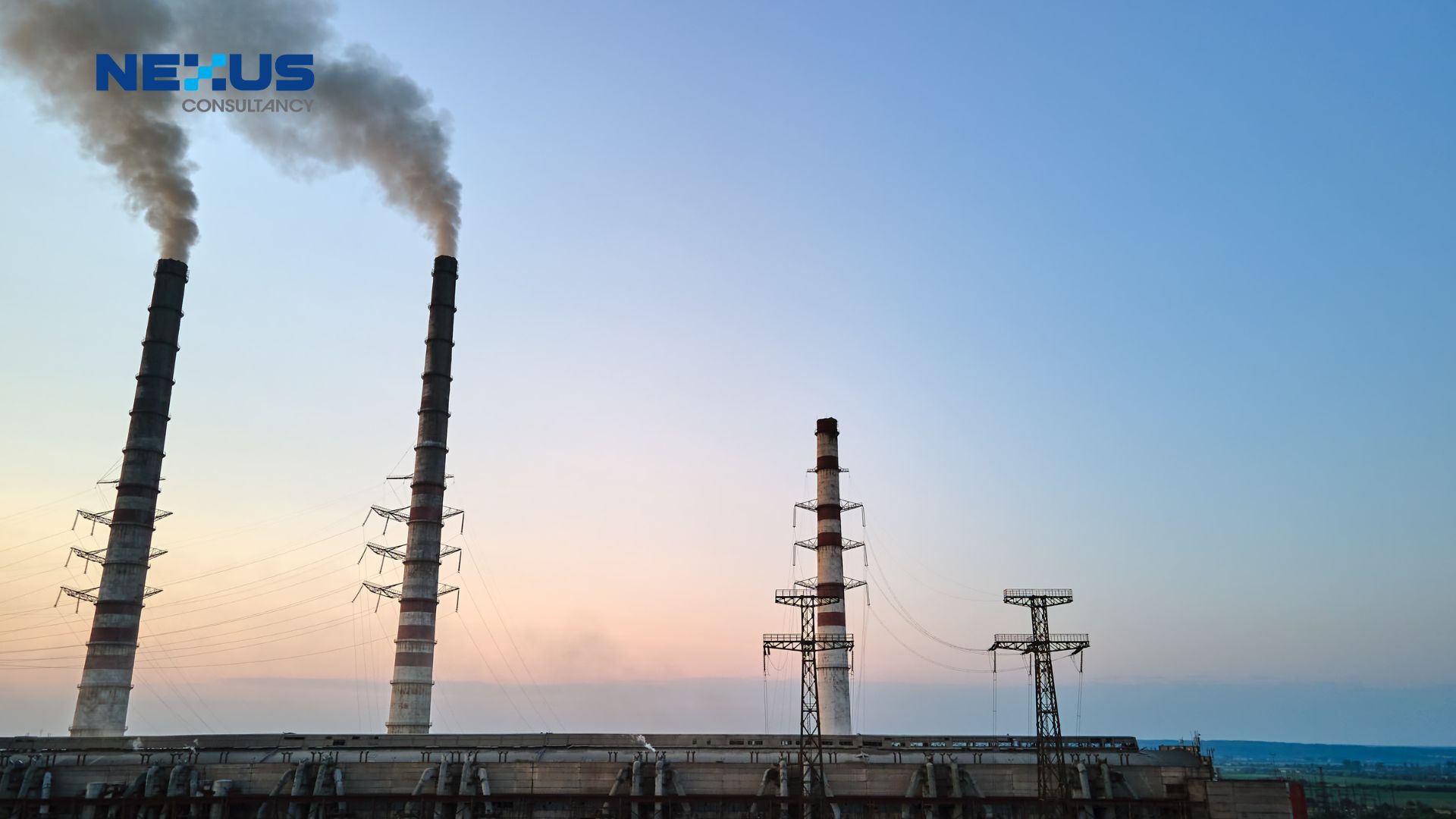
Danielle Tan
Chief Operating Officer
Discover how implementing ISO 14001 standards in waste management can significantly reduce greenhouse gas emissions.

Waste management is a critical environmental and public health issue that has gained increasing attention in recent years. One significant aspect of waste management is its impact on greenhouse gas (GHG) emissions. The implementation of effective waste management practices can substantially reduce these emissions, contributing to the fight against climate change. One robust framework that organizations can use to enhance their waste management practices is the ISO 14001:2015 Environmental Management System (EMS). This international standard provides a systematic approach to managing environmental responsibilities, including waste management, in a way that contributes to sustainability.
Understanding ISO 14001:2015
ISO 14001:2015 is part of the ISO 14000 family of standards for environmental management. It provides a framework that organizations can follow to set up an effective environmental management system. The primary aim of ISO 14001 is to help organizations improve their environmental performance through more efficient use of resources and reduction of waste. By adopting ISO 14001, organizations commit to continuous improvement and compliance with applicable environmental laws and regulations.
The Link Between Waste Management and Greenhouse Gas Emissions
Waste management activities, if not properly managed, can be a significant source of GHG emissions. Landfills, for example, are major emitters of methane, a potent greenhouse gas. Incineration of waste can release carbon dioxide and other harmful pollutants. Improper waste management practices also contribute to the degradation of natural resources, leading to increased carbon footprints. Therefore, optimizing waste management processes is crucial for reducing GHG emissions.
Implementing ISO 14001:2015 for Effective Waste Management
- Environmental Policy and Planning
The first step in implementing ISO 14001 is the development of an environmental policy that includes commitments to pollution prevention, legal compliance, and continuous improvement. For waste management, this policy should emphasize waste reduction, recycling, and sustainable disposal methods. Planning involves identifying significant environmental aspects and impacts related to waste management. This can be done through a comprehensive waste audit to understand the types, sources, and quantities of waste generated.
- Setting Objectives and Targets
Organizations should establish clear, measurable objectives and targets for waste management. These could include reducing the volume of waste sent to landfills, increasing recycling rates, or minimizing hazardous waste generation. Objectives and targets should be aligned with the organization’s overall environmental goals and should consider the potential to reduce GHG emissions.
- Implementation and Operation
To achieve the set objectives, organizations need to develop and implement programs that outline the responsibilities, resources, and timelines for waste management activities. This includes training employees on waste segregation, recycling procedures, and the importance of waste reduction. Organizations should also invest in infrastructure that supports sustainable waste management practices, such as recycling bins and composting facilities.
- Monitoring and Measurement
Regular monitoring and measurement are critical to assessing the effectiveness of waste management practices. ISO 14001 requires organizations to track performance against their objectives and targets. This involves collecting data on waste generation, recycling rates, and disposal methods. Advanced tools like waste tracking software can be used to analyze trends and identify areas for improvement.
- Evaluation and Corrective Action
Organizations should conduct regular internal audits to evaluate their waste management systems and ensure compliance with ISO 14001 requirements. If non-conformities are identified, corrective actions must be taken to address the root causes and prevent recurrence. This process of evaluation and corrective action fosters continuous improvement and enhances the overall effectiveness of the waste management system.

Benefits of ISO 14001:2015 in Reducing Greenhouse Gas Emissions
- Enhanced Efficiency
By implementing ISO 14001, organizations can streamline their waste management processes, leading to increased efficiency. Efficient waste management reduces the volume of waste generated, which in turn decreases the need for landfill space and lowers methane emissions.
- Increased Recycling and Reuse
ISO 14001 encourages organizations to adopt practices that promote recycling and reuse of materials. By diverting waste from landfills and incinerators, organizations can significantly reduce GHG emissions associated with waste disposal.
- Reduced Resource Consumption
Effective waste management under ISO 14001 involves minimizing waste at the source. This leads to reduced consumption of raw materials and energy, which are major contributors to GHG emissions. By optimizing resource use, organizations can lower their carbon footprint.
- Improved Compliance and Risk Management
ISO 14001 helps organizations stay compliant with environmental regulations and reduce the risk of non-compliance penalties. Compliance with waste management regulations often includes measures to control and reduce GHG emissions, further supporting climate change mitigation efforts.
- Enhanced Reputation and Market Opportunities
Organizations that implement ISO 14001 demonstrate their commitment to environmental sustainability. This can enhance their reputation among stakeholders, including customers, investors, and regulatory bodies. A strong environmental reputation can lead to new market opportunities and competitive advantages.

Conclusion
Implementing ISO 14001 for waste management is a strategic approach that organizations can adopt to reduce their greenhouse gas emissions. By following the systematic framework provided by ISO 14001, organizations can enhance their environmental performance, achieve compliance with regulations, and contribute to global sustainability efforts. Effective waste management not only mitigates the impact on climate change but also brings operational efficiencies and improved stakeholder relations, making it a win-win strategy for organizations committed to environmental stewardship.
Curious to learn how to manage your waste and contribute to a healthier earth? Get in touch with us now for more information.






